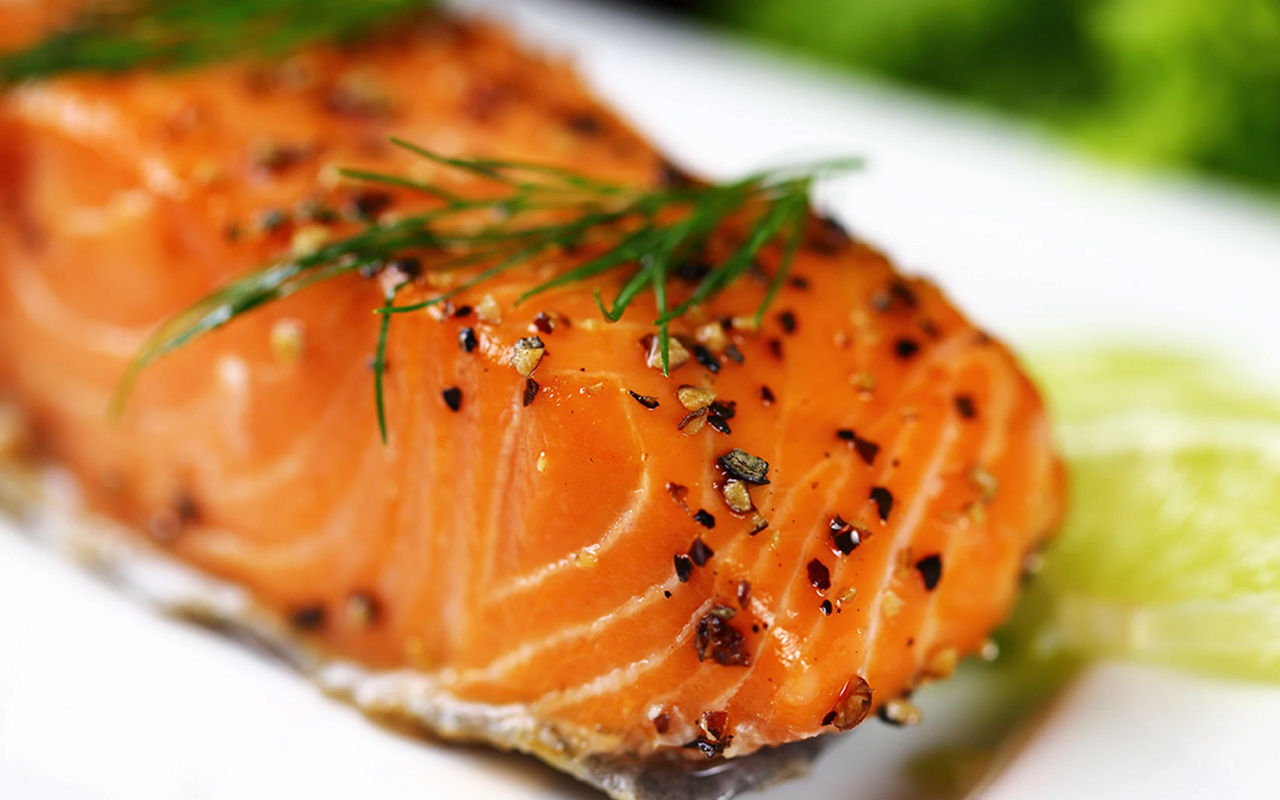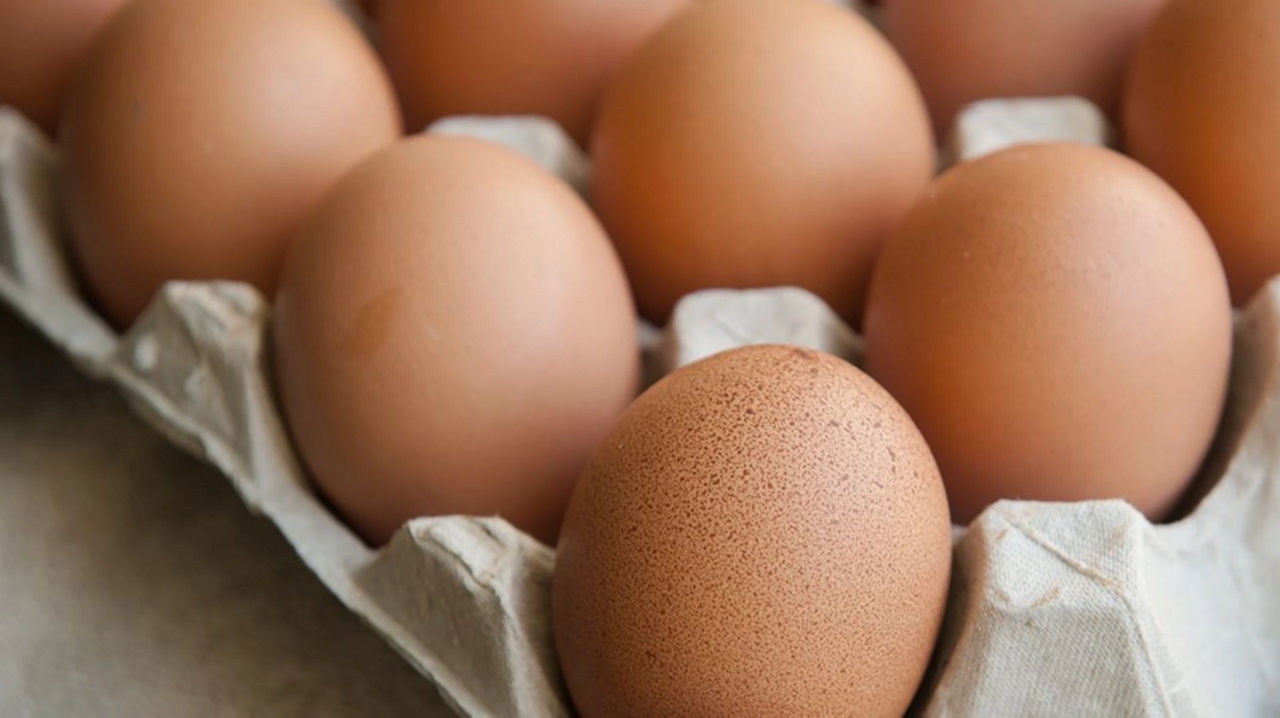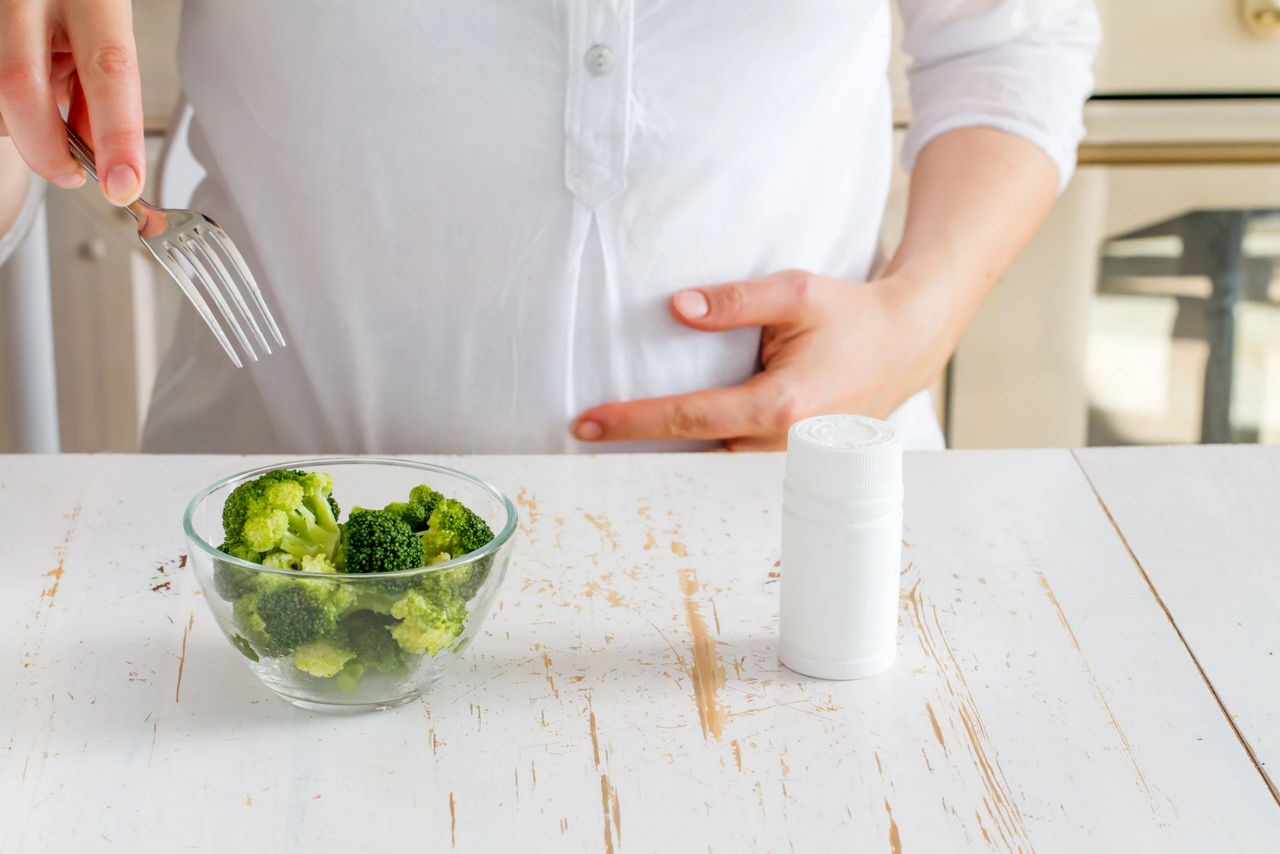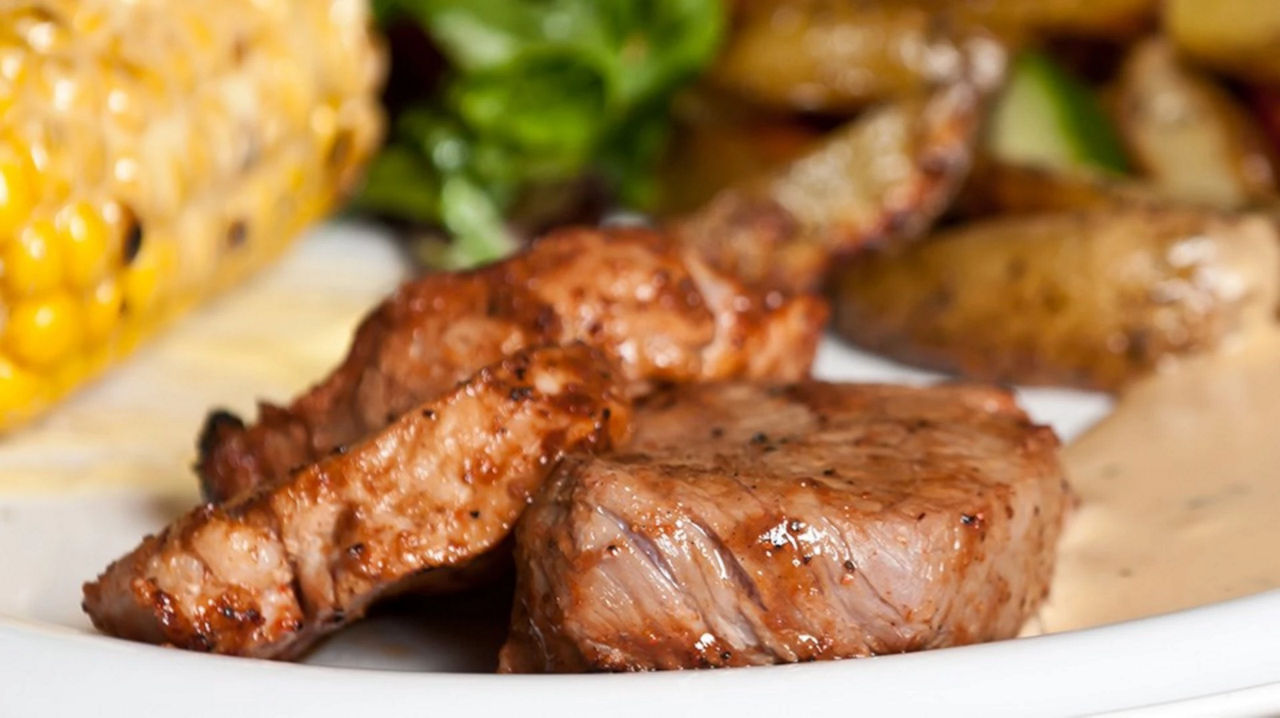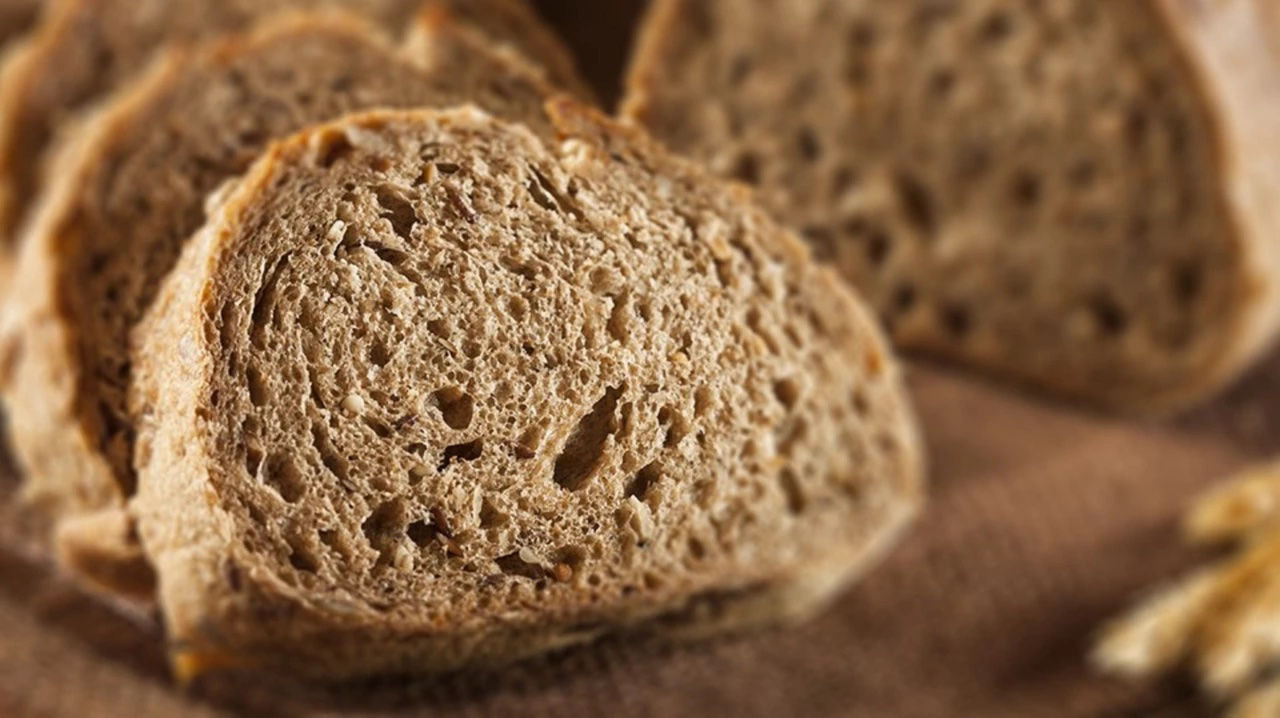After water, protein is the most plentiful compound in the human body. There are many different types of proteins, all with a specific role to play, helping to form the structure of our cells, and being present in our muscles, skin and blood1.
Getting enough protein in pregnancy is vital for the health of you and your baby, and it’s important to include protein-rich foods as part of a healthy pregnancy diet. Read on to learn all about the role of protein during pregnancy, how much of it you need, and what foods you should be eating to ensure that you’re getting enough.
